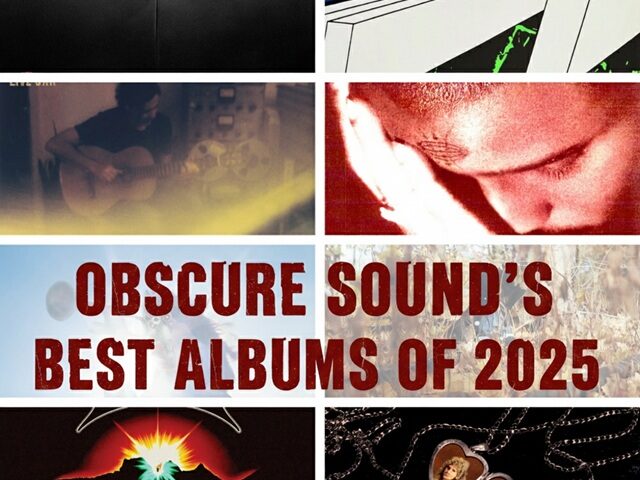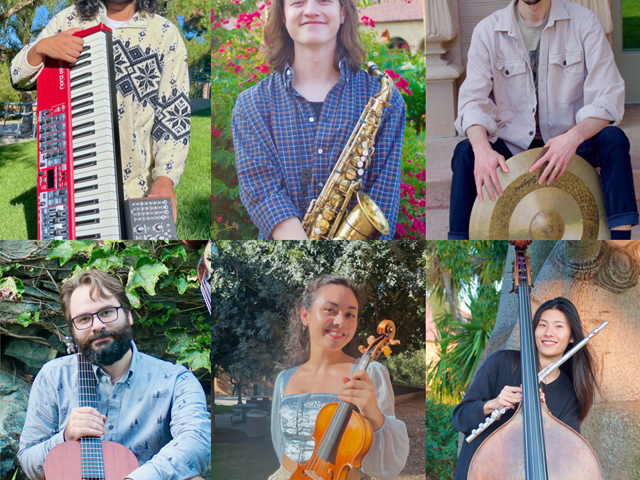Tattoos and music have always had a unique bond. Over the years, body art has become more than just decoration; it’s a powerful way for people to show their allegiance to different music scenes.
From punk rock to hip-hop, tattoos have mirrored the sentiments and identities of various subcultures. This article explores how tattoos have evolved alongside music, capturing the spirit of each era and its distinct subcultures.
The Punk Era: Tattoos as Symbols of Rebellion
The punk movement exploded in the late 1970s with its raw sound and fierce attitude. It was a reaction against mainstream norms, and tattoos were a perfect fit. Punk tattoos often feature symbols of rebellion like the anarchy sign, safety pins, and DIY elements.
These tattoos weren’t just for show; they were a way to reject societal expectations and express a hardcore, anti-establishment mindset.
Bands like the Sex Pistols and The Clash became synonymous with this rebellious spirit. Sid Vicious of the Sex Pistols, for example, was known for his tattooed slogans and raw ink. His body art was a statement against conformity and a badge of his punk identity. If you like his music, you may also be interested in similar music by artists like Jeff Rosenstock, Stefan Babcock, or Kim Carton.
The visual impact of punk tattoos helped solidify their place in music history. Even today, punk-inspired tattoos continue to influence modern designs, keeping that spirit of defiance alive. Punk tattoos may have evolved, but their essence remains a powerful symbol of resistance.

In the visual language of punk subculture, Custom Pins, like tattoos, carry the same rebellious DNA. These pins offer a wearable and collectible form of self-expression, becoming a portable statement of rebellion and identity.
These pins can be quickly customized and often feature classic punk symbols, band logos, and personalized designs. Like tattoos, a well-designed pin can convey identity, values, and artistic taste in a subtle yet powerful way. Custom pins can be easily attached to jackets, backpacks, or hats, allowing punks to clearly express their sense of belonging and attitude without the need for permanent identification. Keeping the spirit of rebellion alive—portable, visually impactful, and proudly displayed.
The Hip-Hop Revolution: Tattoos as Statements of Success and Identity
As hip-hop emerged in the 1980s and 1990s, tattoos began to reflect a new kind of identity. For hip-hop artists, tattoos became a way to showcase their success and personal stories. Unlike the punk scene’s focus on rebellion, hip-hop tattoos often symbolize status and personal achievement.
Artists like Tupac Shakur used tattoos to express their personal experiences and aspirations. Tupac’s iconic “Thug Life” tattoo, for instance, was more than just ink; it was a declaration of his life philosophy and struggles. Lil Wayne, another hip-hop icon, is known for his extensive tattoos that cover almost his entire body. His ink represents a blend of personal narrative and hip-hop culture, illustrating how tattoos have become a canvas for telling one’s story.
The trend has grown beyond just artists. Fans of hip-hop often get tattoos to show their connection to the culture.
This trend reflects how hip-hop has influenced body art, making tattoos a prominent feature in personal branding within the music industry. Hip-hop’s influence has created a style of tattooing that’s bold, expressive, and deeply connected to the artist’s identity.
The Metal Movement: Tattoos as Marks of Loyalty and Legacy
Heavy metal music, with its intense and energetic sound, has always had a strong link with tattoos. From the 1980s, metalheads adopted tattoos as a way to display loyalty to their favorite bands and the metal community. Unlike punk’s anti-establishment vibe, metal tattoos often symbolize dedication and a deep connection to the music.
Metal musicians like Ozzy Osbourne and the members of Metallica have popularized tattoos that reflect their music and personal philosophies. Ozzy’s “No More Tears” tattoo, for instance, reflects his emotional struggles and triumphs. Metallica’s logo tattoos are a common sight among fans, representing not just a love for the band but a sense of belonging to a global metal community.
These tattoos have left a lasting mark on the tattoo industry, influencing designs that emphasize strong imagery and detailed artwork. The intricate designs often include elements like skulls, crosses, and mythical creatures. This style of tattooing reflects the intensity of the metal genre and its themes of power, rebellion, and personal strength.
The Indie and Alternative Scene: Tattoos as Personal Expression
In the indie and alternative music scenes, tattoos have become a way for artists and fans alike to express their individuality. Unlike the mainstream music genres, indie and alternative music celebrate uniqueness and personal stories. This has naturally extended to the world of tattoos, where personal expression takes center stage.
Artists like Courtney Barnett use tattoos to reflect their personal journeys and artistic influences. Barnett’s tattoos are often subtle and artistic, much like her music. Tame Impala’s Kevin Parker has tattoos that complement his psychedelic sound, featuring designs that resonate with the themes of his music.
These tattoos are not just about aesthetics; they’re deeply personal and reflective of the artists’ identities.
Fans of indie and alternative music often follow this trend, choosing tattoos that are unique and meaningful to them. This reflects the genre’s emphasis on personal stories and artistic expression. Indie and alternative tattoos often feature minimalist designs, unique patterns, and artistic sketches that highlight the wearer’s individuality.
The Impact of Tattoos in Music Subcultures
Across all these music subcultures, tattoos have served as a form of self-expression, identity, and rebellion. Each genre has its distinct style and significance, reflecting the values and attitudes of its time. Tattoos have become a universal language in the music world, a way for people to connect with their favorite genres and artists on a deeper level.
Whether it’s the defiant symbols of punk, the personal stories told through hip-hop tattoos, the loyal emblems of metal, or the unique expressions in indie and alternative scenes, tattoos have become an integral part of music culture. They represent more than just art; they are a reflection of the music and the emotions it evokes.
For those who want to alter or remove their tattoos, services like Boston tattoo removal offer options to rethink or change their ink. Whether due to changing tastes or personal reasons, these services help individuals navigate their tattoo journey.
Final Thoughts
Tattoos and music have a dynamic relationship, with each influencing and reflecting the other. As music continues to evolve, so will the tattoos that accompany it. Whether it’s the bold defiance of punk, the personal statements of hip-hop, the loyal emblems of metal, or the unique expressions of indie music, tattoos will remain a powerful way to connect with music and express individuality.





